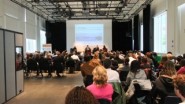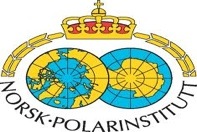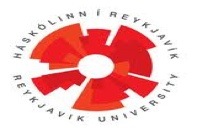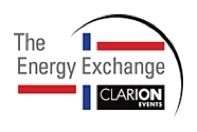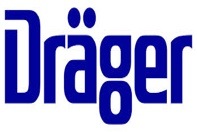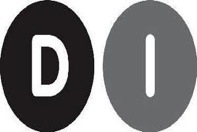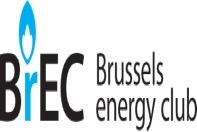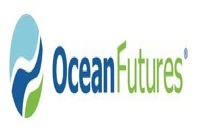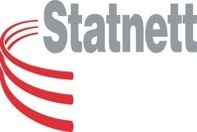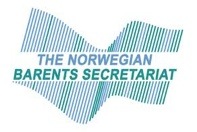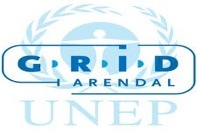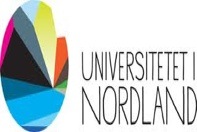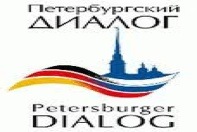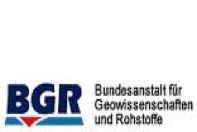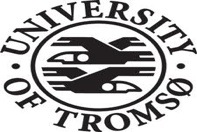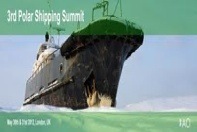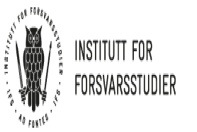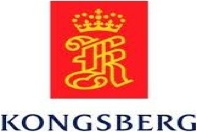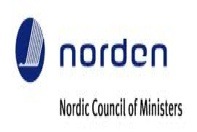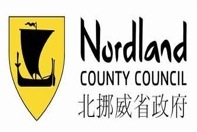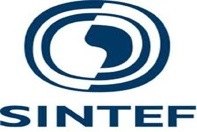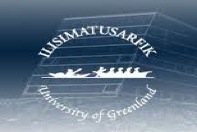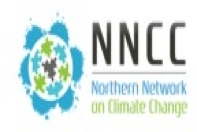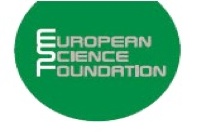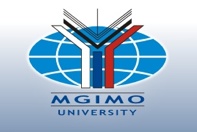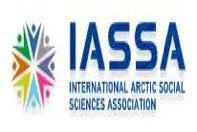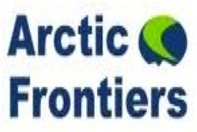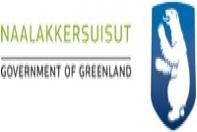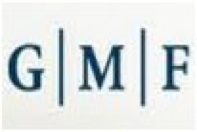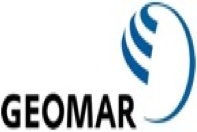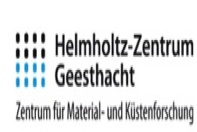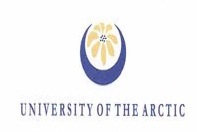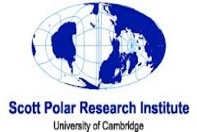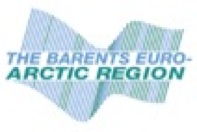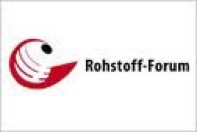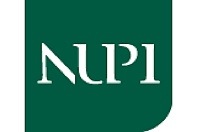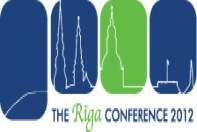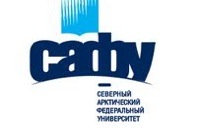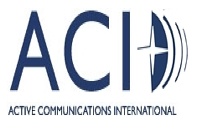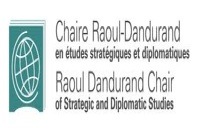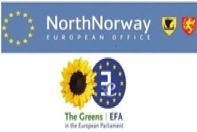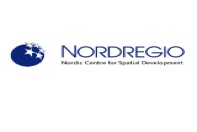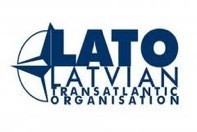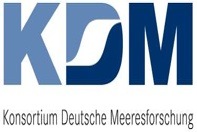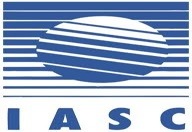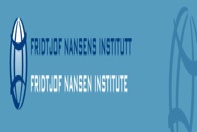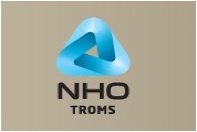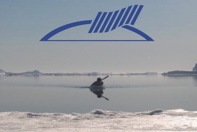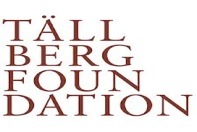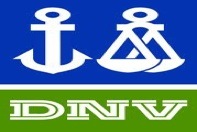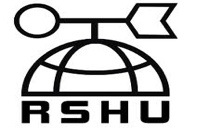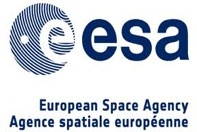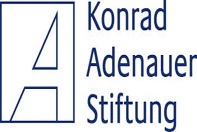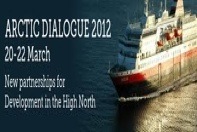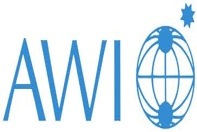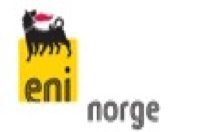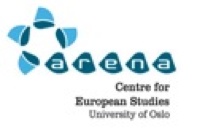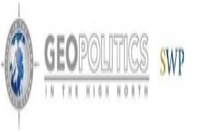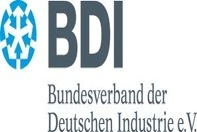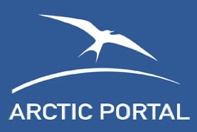How to think of the Arctic in a globalized world?
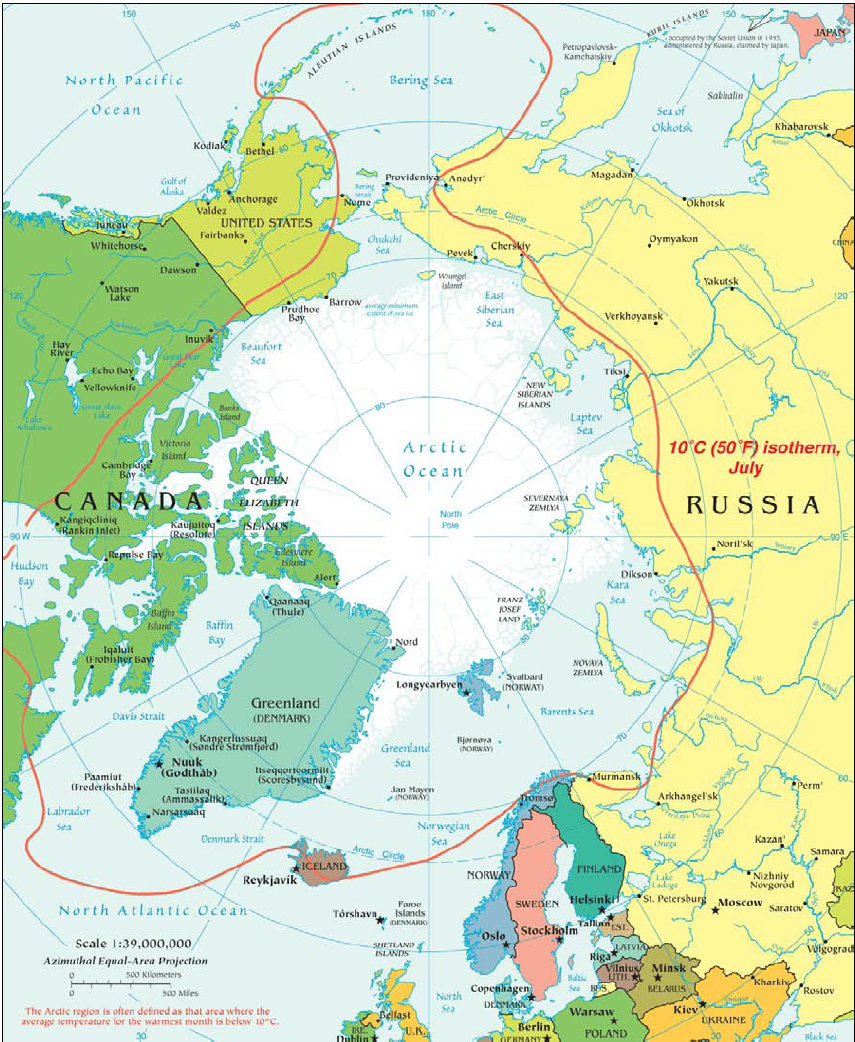 “The Arctic in Transition, Regional Issues and Geopolitics,” 3-4 October 2011 in Montréal, Canada confronted regional, national and global perspectives on the Arctic. Debates, led by Prof. Alain Faure, showed the complexity of dealing with the Arctic as a totality: if the shift from confrontation to cooperation in international relations in the Arctic was an achievement worth enjoying. General Secretary of the EUAF Steffen Weber and EUAF Researcher Cecile Pelaudeix, who opened day 2 participated in the conference.Prof. Lassi Heininen pointed out that this conference, attended by a numerous and reactive public, actually addressed the controversial issue of how to think the Arctic in a globalized world. The question of legitimacy of state actors in the Arctic was raised with panels dedicated to non-Arctic states. This binary vision, along with the vision of “two Arctic” – one American, one European – was challenged and complicated by speakers. First, EU was reminded as being an Arctic entity, with its interests, commitments and responsibilities (S. Weber, C. Pelaudeix).
“The Arctic in Transition, Regional Issues and Geopolitics,” 3-4 October 2011 in Montréal, Canada confronted regional, national and global perspectives on the Arctic. Debates, led by Prof. Alain Faure, showed the complexity of dealing with the Arctic as a totality: if the shift from confrontation to cooperation in international relations in the Arctic was an achievement worth enjoying. General Secretary of the EUAF Steffen Weber and EUAF Researcher Cecile Pelaudeix, who opened day 2 participated in the conference.Prof. Lassi Heininen pointed out that this conference, attended by a numerous and reactive public, actually addressed the controversial issue of how to think the Arctic in a globalized world. The question of legitimacy of state actors in the Arctic was raised with panels dedicated to non-Arctic states. This binary vision, along with the vision of “two Arctic” – one American, one European – was challenged and complicated by speakers. First, EU was reminded as being an Arctic entity, with its interests, commitments and responsibilities (S. Weber, C. Pelaudeix).
The case of Russia’s approach to the Arctic was highlighted as very different from the other actors in the region, and sometimes confusing and difficult to interpret (Katarzyna Zysk). Secondly, the analyses of globalization and international relations brought to light different representations of the Arctic. Joël Plouffe highlighted the specificity of the French diplomacy approach towards the Arctic, as being the only non-Arctic state to put forward a governance ambition in the region.
Franz Thönnes MP of Germany, presenting the case of Germany, evoked the notion of common heritage of humanity. If sovereignty allowed for stability in the region, noted Lassi Heininen, globalization in the Arctic is nothing new, he argued in his conclusion, that it is the geographic nature of the Arctic that makes it a global challenge, which requires global answers.
The state of the Arctic was looked at from different perspectives and several scenarios were described. However, as far as sea ice is concerned, it is no doubt according to Jérôme Weiss, that a shift from a perennial to a seasonal state will happen in the next few decades. When it comes to politics, on a national scale, Gleb Yarovoy drew two scenarios for the Russian arctic: the continuation of “putonomics” (undemocratic trends), and the “medvernization” of Russia (democratization and internationalization). Regarding the economy, whereas the exploration of oil and gas in the Arctic was not considered that important compared to other regions (Charles Emmerson), increasing mining projects were being developed in particular in Nunavik. Political scientists focused on state discourses on energy security (Petra Dolata-Kreutzkamp) and on the question of optionality, used by several states, which is actually an expensive option (C. Emmerson). The reality of a shift from geopolitics to geo-economics in the Arctic was diversely assessed; nevertheless the question was raised of how to face the situation when non-classical actors, such as bank investors, with few political links to the Arctic, will enter the Arctic scene (S. Weber).
The social dimension of the development in the Arctic appeared to be a growing concern: Florian Stammler asked how to conciliate indigenous ways of life and oil and gas extractive industry in Russia, while Yvette Vaguet analysed the future of the numerous new Siberian towns. Gerard Duhaime insisted on the vulnerability of the communities in the Canadian North that could be reduced if the economic wealth created in the North was to be used for the cost of government services. Concordantly, Thierry Rodon critically assessed the impact of mining on indigenous communities in Nunavik while Jean-François Arteau considered that devolution would not solve all the problems, and that the games of power between governments, administration and the population would be decisive
Indeed, times of nature (although accelerated by global warming), of economics or law are not identical, and in the panel on governance and the maritime arctic, speakers proposed a skeptical evaluation of the capacity of the current law to face the contemporary challenges in the Arctic (Suzanne Lalonde, Timo Koivurova).
In this conference, the need to be critical about narratives was particularly underscored, be it regarding media discourses, scientific discourse (Heather Nicol) or political and academic discourse on securitization and sovereigntization of the Arctic (Whitney Lackenbauer). Hence the emphasis on the need to inform political circles as highlighted be Steffen Weber and to communicate the outcomes of conferences on the Arctic.
The full program is available here.
You can watch the Podcasts of the Conference here.
Dr. Cécile Pelaudeix
Research Associate, PACTE-Institute of Political Studies, Grenoble
Researcher, EU Arctic Forum, Brussels
